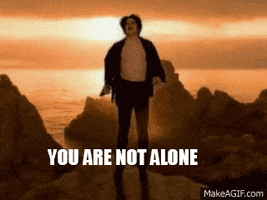weldherwings
◉-◉
im the worst. I write my posts on word doc on a pale green background (to reduce eye strain), in comic sans, size 18pt. I do it with everything -including uni work- and when I’m happy with it, I then transfer it to where it needs to be.


